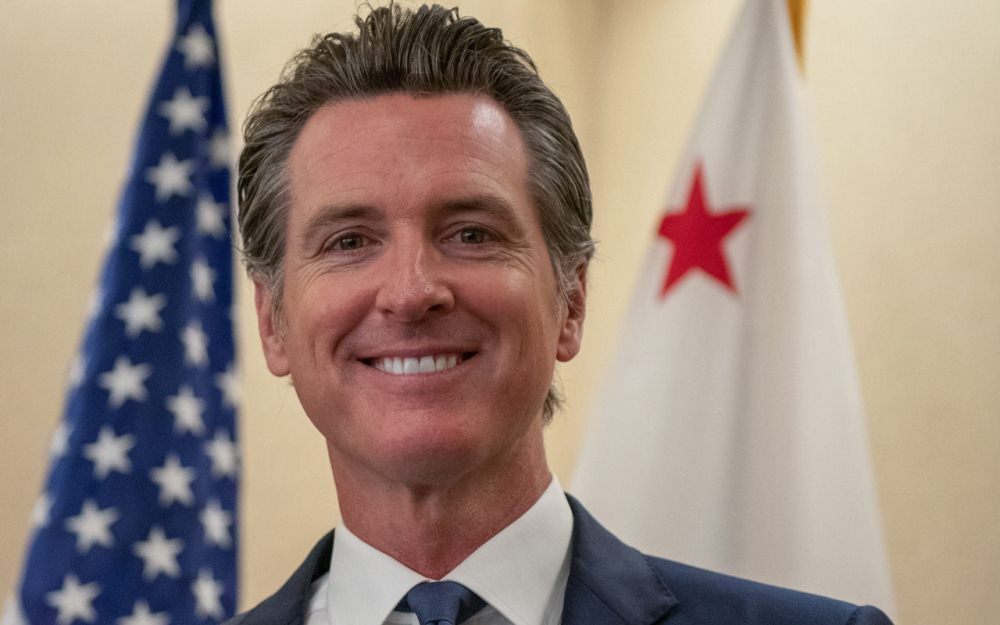In a recent interview with the Indian Express, Inge Kauer, who is the executive director of Access to Nutrition Initiative speaks how nutrition education and food safety standards are a must in a country like India and should be made a top priority in the country.
It is neccessary that food is a resource that is available for every citizen in the country, but also at a cheap and affordable price. The Fast Moving Consumer Goods (FMCG) sector is growing at a very fast rate in India, especially the food retail market. It is expected to be almost $900 billion by the following year. As such, it becomes the responsibility of the companies and the government too, to provide access to healthier foods.
According to last year’s global report on nutrition, almost 20% of the country’s grown adults suffer from obesity or are overweight. But in addition to this, India is also one of the top countries in which children suffer from malnutrition and nutrition deficient diseases the most.
Such figures pose a huge and challenging task before the government and the FMCG companies to allow people to make a healthier choice for themselves. Stricter rules and safety standards are needed in this fast-growing market.
Nutrition education is important in a country with a billion consumers
Kauer discusses the Access to Nutrition Index (ATNI), which evaluates the products of food and beverage companies worldwide, which helps the companies, stakeholders and most important of all, the consumers to make a healthy and informed decision about the food they are consuming.
The first ATNI, India was released in 2016. This year, by December, the second edition will be released. The companies will be analyzed along with their food products for checking the levels of fats, sugar, fruits, vegetables, salts, and the quality of oils used. This initiative, ever since, 2016, has been helped by the Food Safety and Standards Authority of India (FSSAI), which is the national body for food standards in the country.
Children and teenagers are most prone to harmful products like transfats or high amounts of sugar, which are not visualized in the highly attractive market advertisements. But with increased and better nutrition education, everyone will start to realize the importance of healthy and accessible food.







